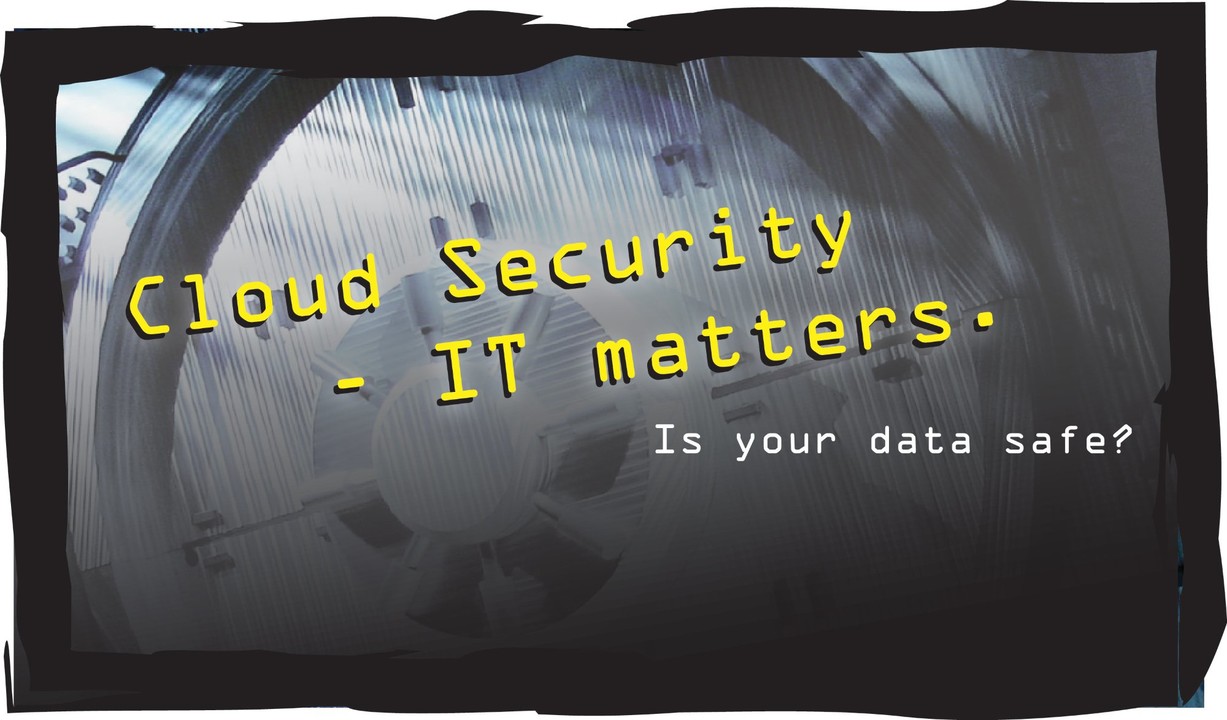Subtitle
ZOHOLIC
Subtitle
ZOHOLIC

Data Security - it matters.
It is no secret that a myth exists that "the cloud is not secure". The unfamiliar often breeds fear and mistrust, but the difficult question to ask yourself remains:
What would be easier for a malfeasant hacker to achieve: breaking into your server, or into Google's servers? Some things to consider about Google's security measures:
But lets put all nerdy bullet-points aside. Have you ever heard of Google servers being hacked? No. Sony? Yes. Dropbox? Yes. I could go on, but that is not the point. There are too many players that would have an absolute field day if Google got hacked (Microsoft, for example). The importance of maintaining that leadership in security is too crucial for Google to let a slip-up happen. They even have a "Security Reward Program" which offers hackers six-figure rewards for hacking their infrastructure. Apparently nobody has succeeded (rumour says those who come the closest end up getting hired).
So, to put it plainly, we can compare your data to your money. Are you better off keeping it at home? Carrying it around in your car or wallet? Or in the vault of a bank? Cynics out there will argue that banks have collapsed, yadda-yadda, but I think you see where I'm coming from.
Many believe they are safe, and that their business is currently using best practices to keep their data safe. Deciding to "Go Google" is a great start, but users need to get educated on how they can proactively help themselves with this technology. It is vital to become aware of your security position and where there could be kinks in your armour. A single password is not enough. 2-step verification is good, but still not enough. This little video should give you some useful ideas on keeping your Google Cloud secure.
The best thing to do? Put your security under the microscope by undergoing a Google Apps Security Assessment and Workshop. This will help you become aware on where you stand, where you should be, and how you can get there. Sound confusing? We at Cloud Lion can help.
https://cloudlion.org/security-advisory/